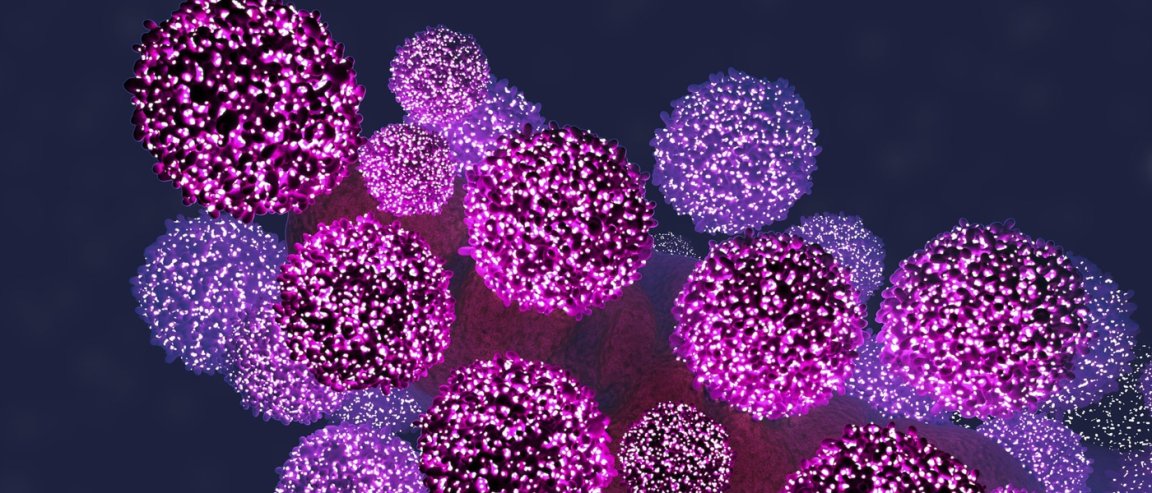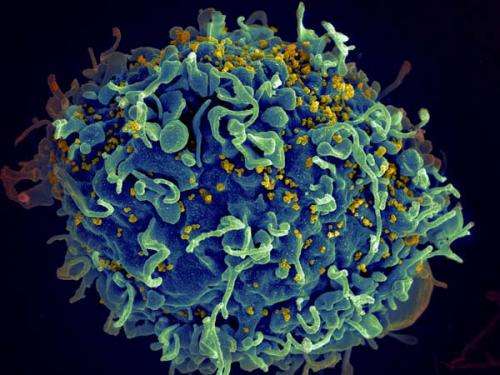
Keeping Calm
HIV, a virus that could lead to AIDS, is one of the world’s most serious health problems. The human immunodeficiency virus attacks the body’s immune system, that leads to the acquired immunodeficiency syndrome, a state of infection that leaves the body vulnerable to a host of pathogens a healthy immune system is equipped to handle.
In 2015, approximately 36.7 million people worldwide are living with HIV/AIDS. 1.8 million of these were children under fifteen years old. Now, a study, published in Science Translational Medicine suggests that a tenth of children have an immune system that defends them from contracting AIDS.
The researchers analysed the blood of 170 children from South Africa who had HIV. The participating children did not have AIDS, and had never taken antiretroviral therapy—the usual treatment to combat the spread of the virus and progression to AIDS.

Blood tests from the children showed that the virus was present in high concentrations, but the children showed none of the usual symptoms. They found that the children’s immune systems were “keeping calm.” Normally, such high presence of the virus would send the immune system into overdrive, trying to fight the infection, but this has not happened to the children.
Human Evolution
Philip Goulder of the University of Oxford Department of Paediatrics and one of the primary authors of the study, said, “Natural selection has worked in these cases, and the mechanism is very similar to the one in these kids that don’t progress.” It could be that the body has evolved in ways that can defend itself from the infection—the study does note, however, that the discovered defense is almost unique to children.
Please note that this defense does not keep the children from contracting HIV, it helps to prevent the progression into AIDS.
The real hope in this comes in terms of further research. Goulder said, “We may be identifying an entirely new pathway by studying kids that in the longer term could be translated to new treatments for all HIV infected people.” New treatments may be able to develop drugs with less side effects, or other ways to help patients reclaim their immune system.